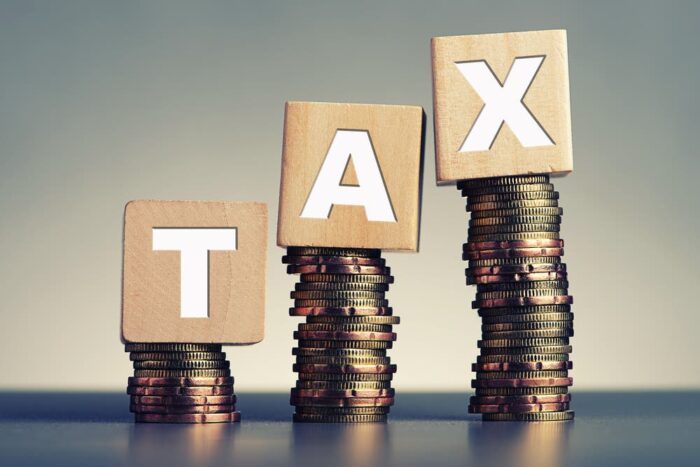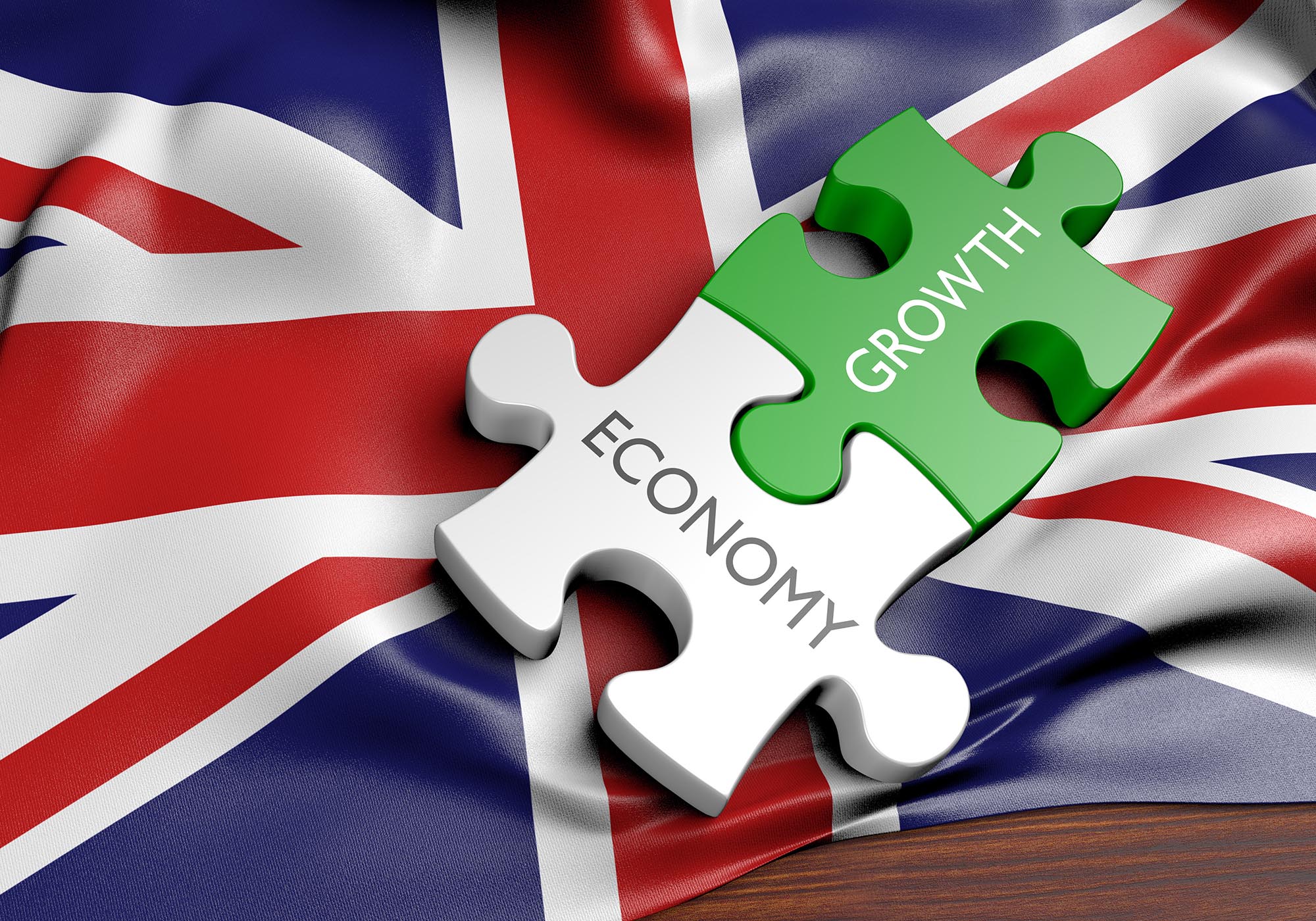Despite the cut to National Insurance, fiscal drag means taxpayers could pay hundreds more next year.
Fiscal drag happens when tax thresholds don’t keep pace with inflation, so more people move into higher tax brackets, despite not feeling any richer.
And the current frozen tax thresholds will wipe out overall tax cut savings announced during this week’s Autumn Statement, according to Interactive Investor.
How much more will you pay?
The investment platform has calculated that fiscal drag means low earners are due to pay £401 more tax in 2024/2025, compared to if tax thresholds kept pace with inflation. This is despite a £209 saving on National Insurance.
Average earners will pay £124 more tax overall next year, after taking into account a £486 saving in National Insurance costs.
And higher earners will still pay £381 extra tax in 2024/25, due to frozen thresholds.
Myron Jobson, senior personal finance analyst at Interactive Investor, said: “The cut to National Insurance while maintaining the deep freeze in tax thresholds amounts to giving with one hand and taking away with the other.
“Unfortunately for workers, the pendulum will increasingly swing against them over time as wages grow while tax thresholds remain unchanged.
“It is the ultimate stealth tax which is a difficult pill to swallow at a time when so many are still reeling from the cost-of-living budget squeeze.”
Alice Guy, head of pensions and savings at the business, added: “Fiscal drag is a ruthless and silently effective tax policy and leads to us all feeling a lot poorer over time.
“Frozen tax thresholds have a devasting impact on those earning just below a tax threshold, with low earners paying the biggest price.”
How to lessen the impact of fiscal drag
There are measures you can take to reduce the impact of the frozen tax thresholds, according to Interactive Investor.
Paying more into your pension is one way to reduce your salary and therefore your tax burden, if you can afford it, explained Guy.
She said: “Some employers will allow you to pay into a workplace pension through salary sacrifice. This arrangement allows employers to reduce employees’ salary and pay the equivalent amount as pension contributions.
“Basic-rate taxpayers get 20% pension tax relief, turning a £80 contribution to £100. If you are a higher-rate taxpayer, you could reclaim an additional 20% tax on your pension contributions, for a total of 40% tax relief.”





